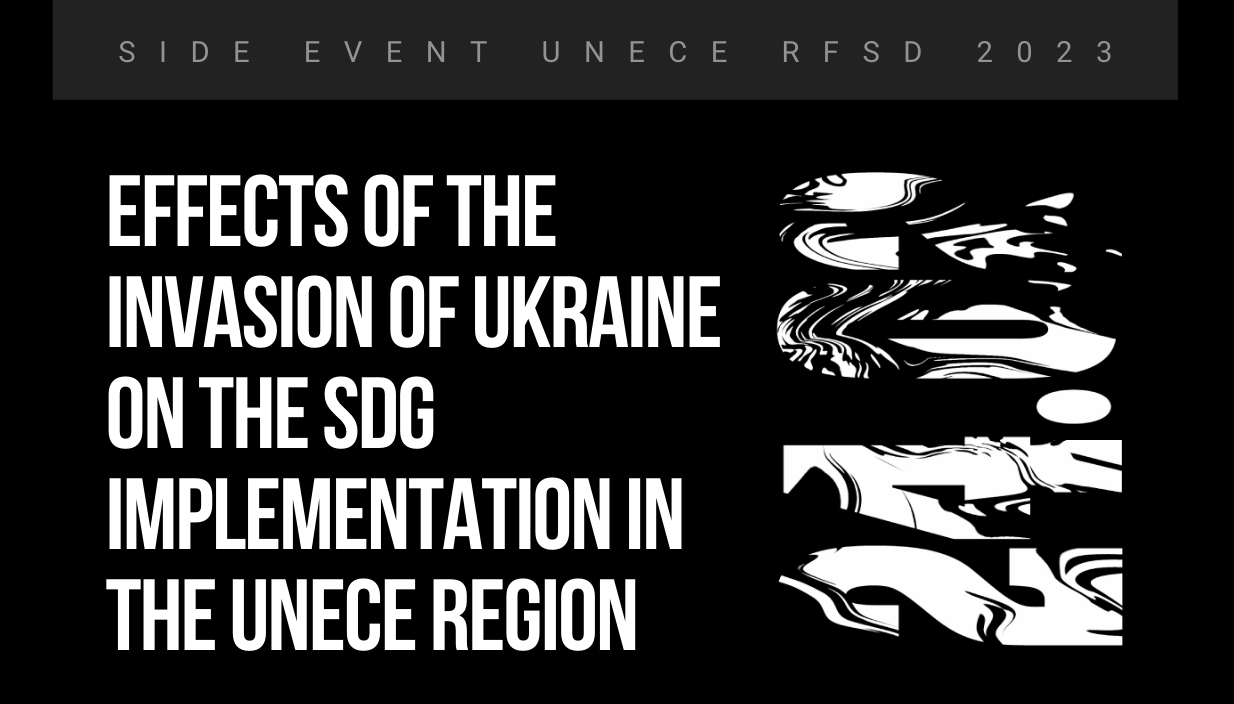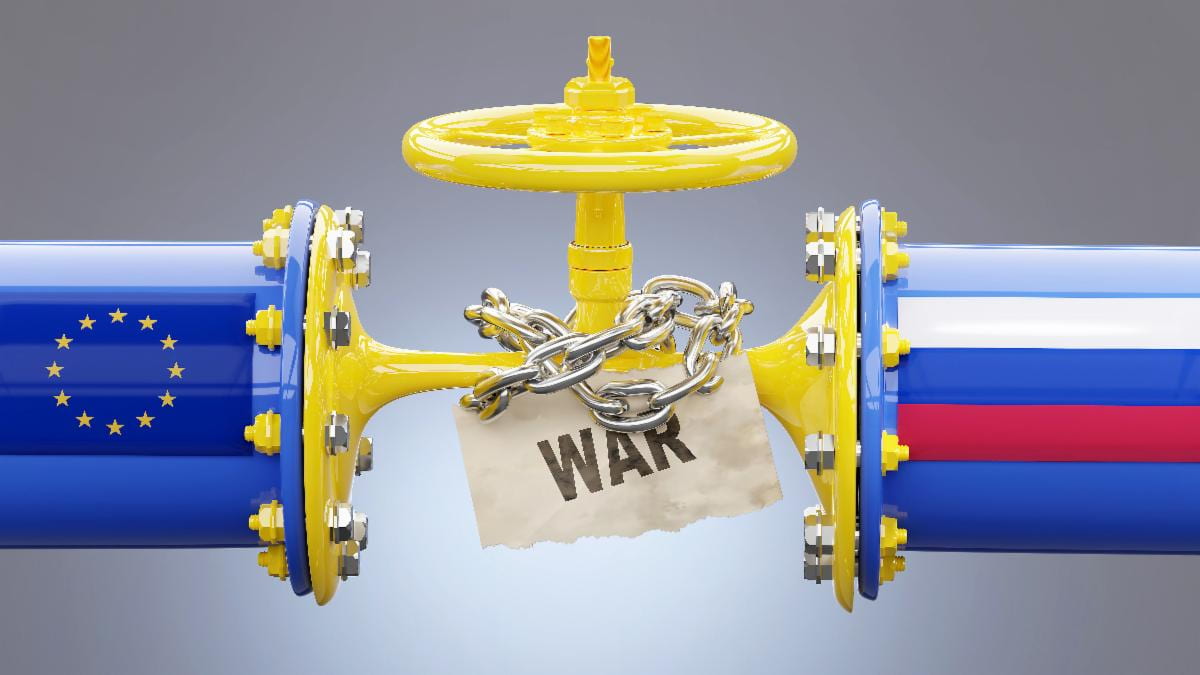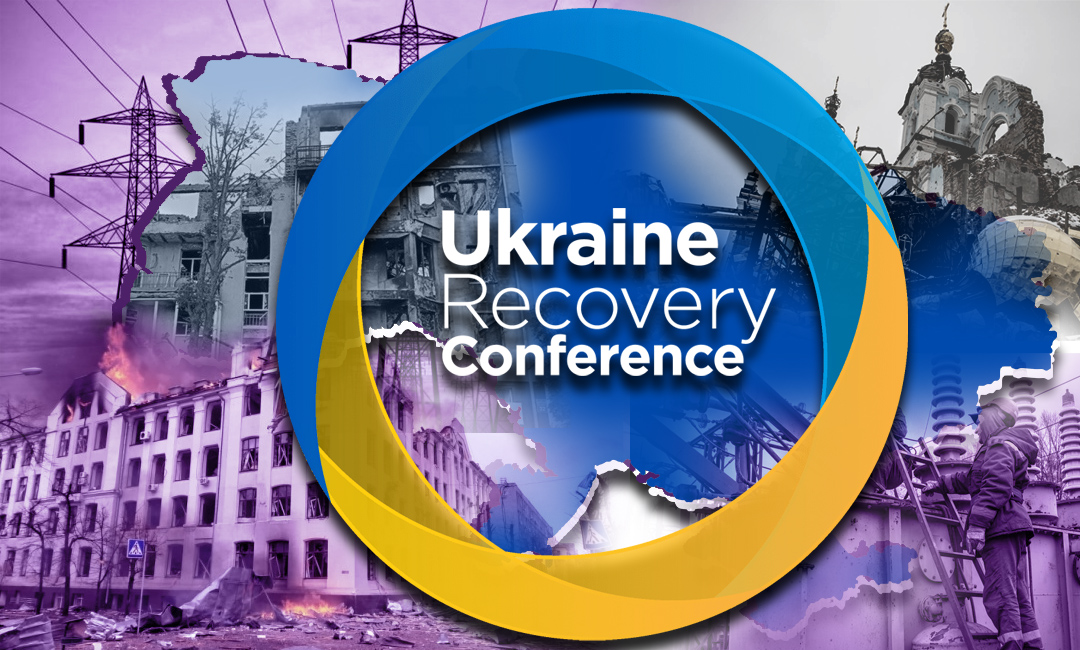By Dr. Dinara Ziganshina
Translated by Jennifer Castner
When the UWEC team set out to analyze the status of Ukraine’s agreements with its neighbors as they relate to transboundary waters, we solicited the opinion of one of the most competent pan-European experts on international relations in the field of water resources – Dinara Ziganshina, Director of the Scientific-Information Center of the Interstate Commission for Water Coordination of Central Asia (SIC ICWC), an international lawyer, and also Vice-Chairman of the Committee for the Implementation of the UNECE Convention on the Protection and Use of Transboundary Watercourses and International Lakes. We asked her to explain why and how countries in a state of confrontation and even war can continue interactions within the framework of international conventions. Her opinion on this issue is set out below.
International law is one of the most important instruments of civilized communication between states, even in the most difficult historical periods. Law serves as a channel for communicating expectations, claims, and counterclaims, while also providing mutually-acceptable mechanisms for resolving tense situations. As former UN Secretary General Boutros Boutros Ghali noted, international law is more than just a set of rules for states, it is a language for communication in the international arena. For these reasons, it is important not to deprive oneself of a civilized language for communication.
Multilateral agreements enabling countries to interact on key issues within national and international communities play a particularly important role in modern international legal regulation. They allow all countries to feel like they are members of a common club, hear different opinions, and seek mutually acceptable ways to solve problems using other countries as examples.
Today, we are witnessing complications in relations between states sharing common watercourses, specifically Russia and Ukraine. In my view, in such a situation, it is especially important to continue their engagement in multilateral conventions, in particular on issues of sustainable use of natural resources and environmental protection.
Today, we are witnessing complications in relations between states sharing common watercourses, specifically Russia and Ukraine. In my view, in such a situation, it is especially important to continue their engagement in multilateral conventions, in particular on issues of sustainable use of natural resources and environmental protection.
For example, Russia and Ukraine are parties to the 1992 United Nations Economic Commission for Europe (UNECE) Convention on the Protection and Use of Transboundary Watercourses and International Lakes. One of the key obligations of this convention is the adoption by Riparian states of all appropriate measures to prevent, control, and reduce any transboundary impacts resulting from changes in the state of transboundary waters. Water resources are the basis of life, which is why it is so important to maintain access to water and fulfill cooperation obligations, even during the most difficult periods.
The secretariat of the Water Convention is the UNECE, and the organs are the Meeting of the Parties, the Bureau, the Implementation Committee, and various thematic working groups. When direct contacts between two countries are not possible, it facilitates use of the Convention’s mechanisms for the transmission of information, notifications, or other procedures, including the Implementation Committee. Until now, the Convention has not faced such a situation, but its platform has previously helped Riparian countries with tense relations on water issues to “hear” each other. For example, the Convention facilitated cooperation among Riparian parties in the Drin River Basin (Greece, Albania, Montenegro, North Macedonia, and Kosovo), where the difficulty was associated with non-recognition of Kosovo by Greece.
Article 30 of the 1997 UN Convention on the Law of the Non-Navigational Uses of International Watercourses provides the most striking evidence of the established practice of continuing cooperation on water issues during periods of confrontation. It addresses the “exceptional circumstances” in which direct contact cannot be established between watercourse States and States cannot properly fulfill their obligations to exchange information, consultations, notification of planned measures, and other procedures. However, even in such exceptional circumstances, states are still obliged to cooperate using “any other adopted indirect procedure” (for example, the services of third countries, the conciliation commission, and the good offices of international organizations).
I will provide several examples when states continued to cooperate on water issues using those procedures. Israel and Jordan held secret talks over the management of the Jordan River when they were at war. Established in 1957 by Cambodia, Laos, Thailand, and Vietnam, the Mekong Committee continued to share data and information throughout the Vietnam War and the Indochina Wars in the 1970s. Lastly, the World Bank mediated the 1960 Indian Waters Treaty between India and Pakistan, which are in conflict.
In providing a basis for civil communication between states, international law contributes to the formation of international legal consciousness as an essential element of the culture of peace.
Image credit: uncovercolorado.com







